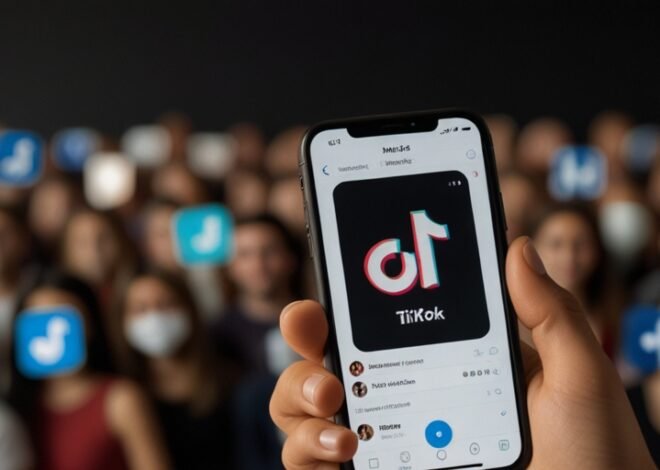
Unraveling the Impact of User Responses on Public Opinion
The impact of social media comments on public opinion has become a subject of intense scrutiny, with recent studies revealing the profound influence these often-overlooked interactions can have on shaping beliefs and attitudes. A comprehensive analysis conducted by researchers at the University of California, Berkeley, has uncovered alarming trends in how comments affect readers’ perceptions of news content, particularly in the realm of political and social issues.
The study, which examined over 100,000 comments across various social media platforms, found that the tone and content of comments can significantly alter readers’ interpretations of news articles, regardless of the article’s original intent or factual basis. This phenomenon, dubbed the “comment effect,” demonstrates the power of peer influence in the digital age and raises concerns about the potential for manipulation of public opinion through strategic commenting.
One of the most striking findings was the disproportionate impact of negative comments. Researchers observed that articles accompanied by predominantly negative comments were perceived as less credible and more controversial by readers, even when the article itself presented balanced or positive information. This negativity bias in comment sections appears to tap into psychological tendencies to give more weight to negative information, potentially skewing public discourse towards more polarized and pessimistic viewpoints.
The study also revealed a concerning trend in the spread of misinformation through comments. False or misleading statements made in comments were found to be shared and believed at higher rates than accurate information, particularly when these comments aligned with readers’ pre-existing beliefs. This echo chamber effect, amplified by social media algorithms that prioritize engagement, can lead to the rapid proliferation of inaccurate narratives and conspiracy theories.
Furthermore, the research highlighted the role of perceived consensus in shaping opinions. Comments that appeared to represent a majority view, even if this majority was artificially created through coordinated posting efforts, were more likely to influence readers’ opinions. This suggests a vulnerability in how individuals assess information online, often relying on perceived social proof rather than critical evaluation of the content itself.
The implications of these findings are far-reaching, touching on issues of democratic discourse, media literacy, and the responsibilities of social media platforms. As comments increasingly become a primary way for individuals to engage with news and current events, the potential for manipulation of public opinion through strategic commenting poses significant challenges to informed civic participation.
In response to these concerns, some media outlets and social media platforms have begun experimenting with new approaches to comment moderation. Techniques such as requiring real-name registration, implementing AI-powered moderation tools, and highlighting comments from verified or trusted sources are being explored as potential solutions. However, these measures often face criticism for potentially stifling free speech or creating echo chambers of their own.
Educators and media literacy advocates argue that a crucial long-term solution lies in enhancing critical thinking skills and digital literacy among the public. Teaching individuals to critically evaluate sources, recognize emotional manipulation tactics, and seek out diverse perspectives could help mitigate the negative impacts of misleading or inflammatory comments.
The study’s authors emphasize the need for further research into the psychological mechanisms underlying the comment effect and call for interdisciplinary collaboration between psychologists, computer scientists, and media experts to develop comprehensive strategies for fostering healthier online discourse.
As social media continues to play an increasingly central role in shaping public opinion and political discourse, understanding and addressing the impact of comments becomes crucial for maintaining the integrity of democratic processes and fostering a well-informed citizenry. The findings from this study serve as a wake-up call, highlighting the urgent need for innovative solutions to ensure that the digital public square remains a space for constructive dialogue rather than a battleground for manipulation and misinformation.


